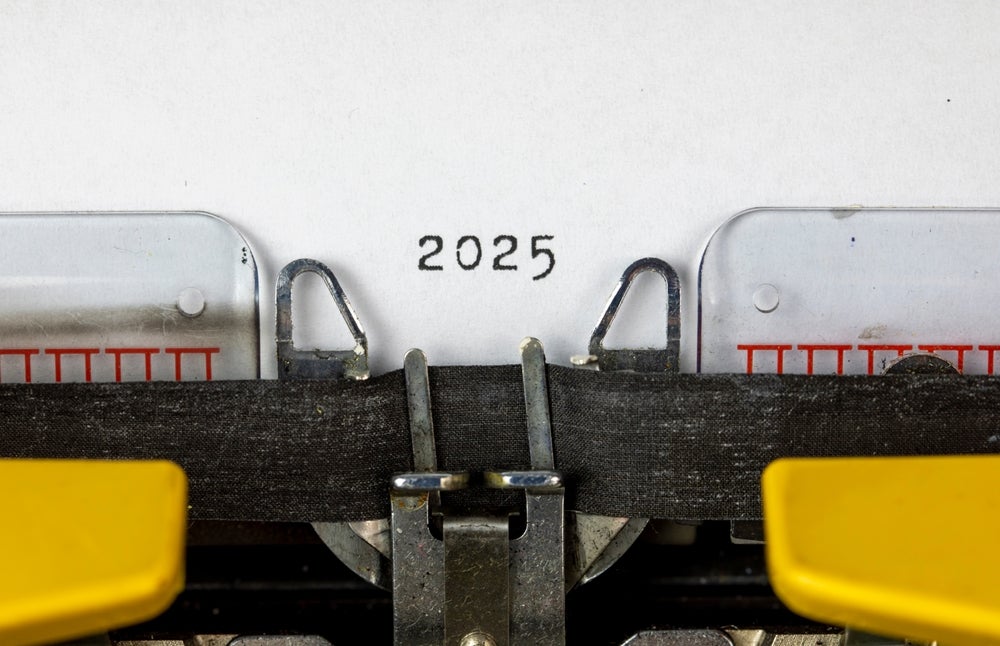Directive would force electrical goods makers to recycle WHEN DID YOU BUY your washing machine? If you’ve moved since then, would you ever think to write to the manufacturer with the appliance’s serial number and give them your new address?
If not, you’ll have an idea of the customer database marketing problem that may soon confront European electrical goods manufacturers and retailers. Under a proposed new law, they would be responsible for recovering old equipment from customers for recycling.
The difficulties they’d face in identifying who owns what are outlined by Dean Epton, commercial director of Claritas. His company adds lifestyle surveys to product guarantee cards distributed with everything from hand drills to refrigerators. As a result, it gathers more data on product ownership than any other company in the United Kingdom.
“Even [with] the most complicated products, you probably only get around 60% of customers returning the guarantee card,” he says. “On some lower-value products and where there is less interaction with the product itself, it can be as low as 10%.”
Companies might have to address this difficult data-gathering exercise because of the proposed directive on waste electronic and electrical equipment. It recommends that companies control, recover, treat and recycle wastes from 11 product categories, including large household appliances.
Not surprisingly, manufacturers and retailers are up in arms against the proposed law. The two leading retailers of electrical goods in the United Kingdom, Dixons and Comet, estimate that it would add 3% to prices and disrupt warehouse operations.
Backed by the National Electrical Manufacturers Association, the U.S. Commerce Department is threatening a trade war if the European Union adopts the directive. U.S. companies are seen as being at a particular disadvantage, as they’re less likely to have built customer databases where their products have been distributed through third-party suppliers.
Even where data has been collected, it may not be accurate. According to Epton, most serial numbers are still stamped onto metal plates that are hidden at the back or underneath a product. Consumers easily make mistakes when trying to transfer these numbers onto guarantee cards. This would compromise the ability of companies to reconcile products that have been shipped with their current owners.
Paradoxically, the directive might undermine the environmental goals it’s intended to support. According to Epton, U.K. consumers aren’t buying as many electrical products as expected because they use the gray market – purchasing pre-owned items that have been refurbished and resold.
While this practice does reduce the number of new products sold, it also serves as a type of recycling. Manufacturers and retailers might welcome the removal of this element of the marketplace. But at the cost of having to identify every customer they’ve ever had, the price seems much too high.



